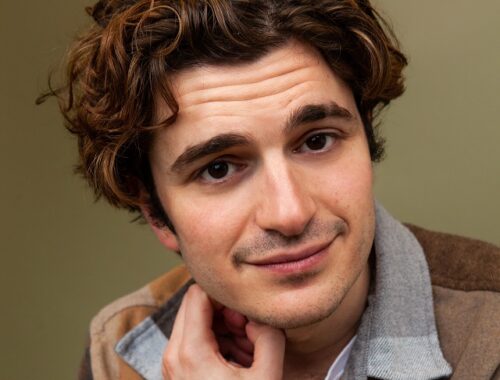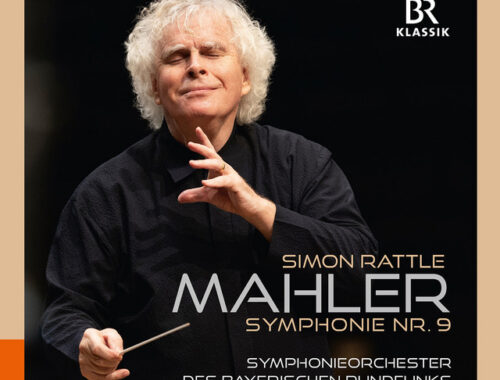Mozart “The Marriage of Figaro”, English National Opera
As the orchestra belatedly tunes up, a blind Don Basilio taps his way to the harpsichord at the side of the stage. His clothes are recognisably 18th century, as is his instrument. But the labyrinthine set beyond (Peter McKintosh) is of no particular time or period, a flimsy abstraction of floated walls and doors, rooms within rooms, corridors within corridors, a kind of residential maze. Director Fiona Shaw then delivers her first chuckle of the evening as Basilio traps an errant wasp inside his harpsichord and the “buzzy” strings of Paul Daniels’ ENO orchestra begin the overture.
The pacing is properly brisk with a crisply incisive period manner portending a frenetic 24 hours in the Almaviva household – and as the stage revolve springs into action, another dimension is added to the visuals as we literally traverse the rooms “below stairs” wherein staff are busily making ready for the day’s events. Silhouettes point to constant activity beyond the translucent walls and discreet projections hint at the emergent subtext – like the falling pin which seals both the Count’s letter and fate begins its descent at the very start of the evening.
So Shaw has quickly and confidently nailed the age-old problem of lending a contemporary edge and relevance to the 18th century context. When Figaro delivers his chauvinistic rant against the faithlessness of women he is addressing us and looking directly for our complicity. Even his clothes have evolved into something recognisably of today.
If there’s a problem with the evening it’s in the pacing of the recitatives which proceed in conversational “real time” and could be argued might benefit from the proactive spur of stylisation. But this greatest of all ensemble operas gets an actors’ ensemble of thorough and detailed accomplishment. Iain Paterson (Figaro) has never been better or subtler, Devon Guthrie (Susanna) doesn’t play at being in charge – she is, Roland Wood (Count) is all righteous indignation, even with his pants down, and Kathryn Rudge (Cherubino) keeps the palpitating intensity of adolescence on the boil.
Cruel fate decreed that Kate Valentine’s Countess would succumb to a chest infection 24 hours before opening night leaving Elizabeth Llewellyn bravely to assimilate herself into an extraordinarily complex evening. That she did so with poise and composure and affecting vocal bloom was a quite remarkable achievement. At the close of Shaw’s staging she is every thoroughly modern woman packed and ready to walk away from betrayal but ultimately big enough to stay.
You May Also Like

COMPARING NOTES with ROBERT TRIPOLINO
26/06/2023
A Conversation With JOSHUA BELL
02/09/2011